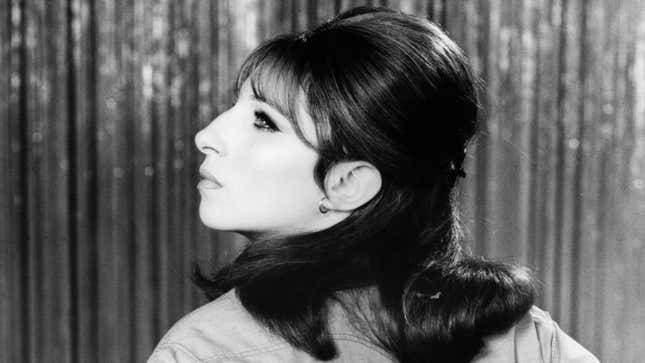I’m Still Waiting for Nose Positivity to Take Off
Makeup artist Bobbi Brown wants young people to stop contouring their noses. Is it too late?
In Depth

I’ve always known that my mom was pretty.
I know this because one of every 10 passersby stops to let her know she resembles Jennifer Aniston. I also know this because I spent my childhood looking up at her in adoration, noticing her tan freckled skin, blonde hair, and hazel eyes that appear either green or blue depending on the light. She has smooth legs that only really look “hairy” if you catch the sun reflecting off her thin blonde wispies at just the right angle, and her Malibu Barbie quality is topped off with a button nose with the curvature of a gentle ski slope. For years, I cursed whatever god was up there for not making me in her image. Girls who looked like me, an Eastern European mutt with a downturned “hook” nose, were always the sidekicks, the not-as-cute best friends, the TERF-invented goblins, or the evil witches. I felt not quite right … in need of a few tweaks.
In my mid-twenties, two decades of Jewish big nose propaganda already sunk too deep into my pores, I marched myself into a plastic surgeon’s office and left with purple tick marks up and down and across my schnoz. The surgeon would later make an incision across the columella, that little fleshy bit between your nostrils, and two more incisions inside each nostril, so he could lift up the hood of the car, exposing all of me—what’s missing, what’s blocking my nasal passages, and what’s making me appear, as he phrased it, “un-enhanced.” I left with my own perfect, albeit swollen ski slope—fit for a happy, fair-skinned gentile family of five on holiday. Better, I thought. Prettier.
No one ever told me that my big nose, specifically, was beautiful the way it was. That’s why when Bobbi Brown, a beauty brand owner, renowned makeup artist, and the founder of beauty brands Bobbi Brown Cosmetics and Jones Road Beauty, posted a video on TikTok last week telling young users to stop contouring their noses, I paused. She said “nose:” the big toucan in the room that brands who’d embraced the body and body hair positivity movements wouldn’t touch.
-

-

-

-

-

-

-

-

-

-

-

-

-

-

-

-

-

-

-

-

-

-

-

-

-

-

-

-

-

-

-

-

-

-

-

-

-

-

-

-








































